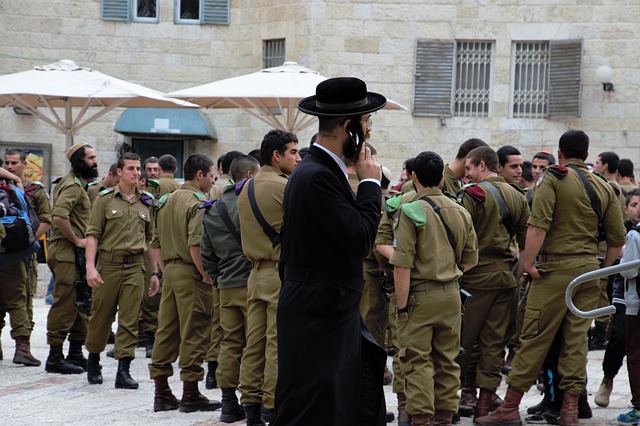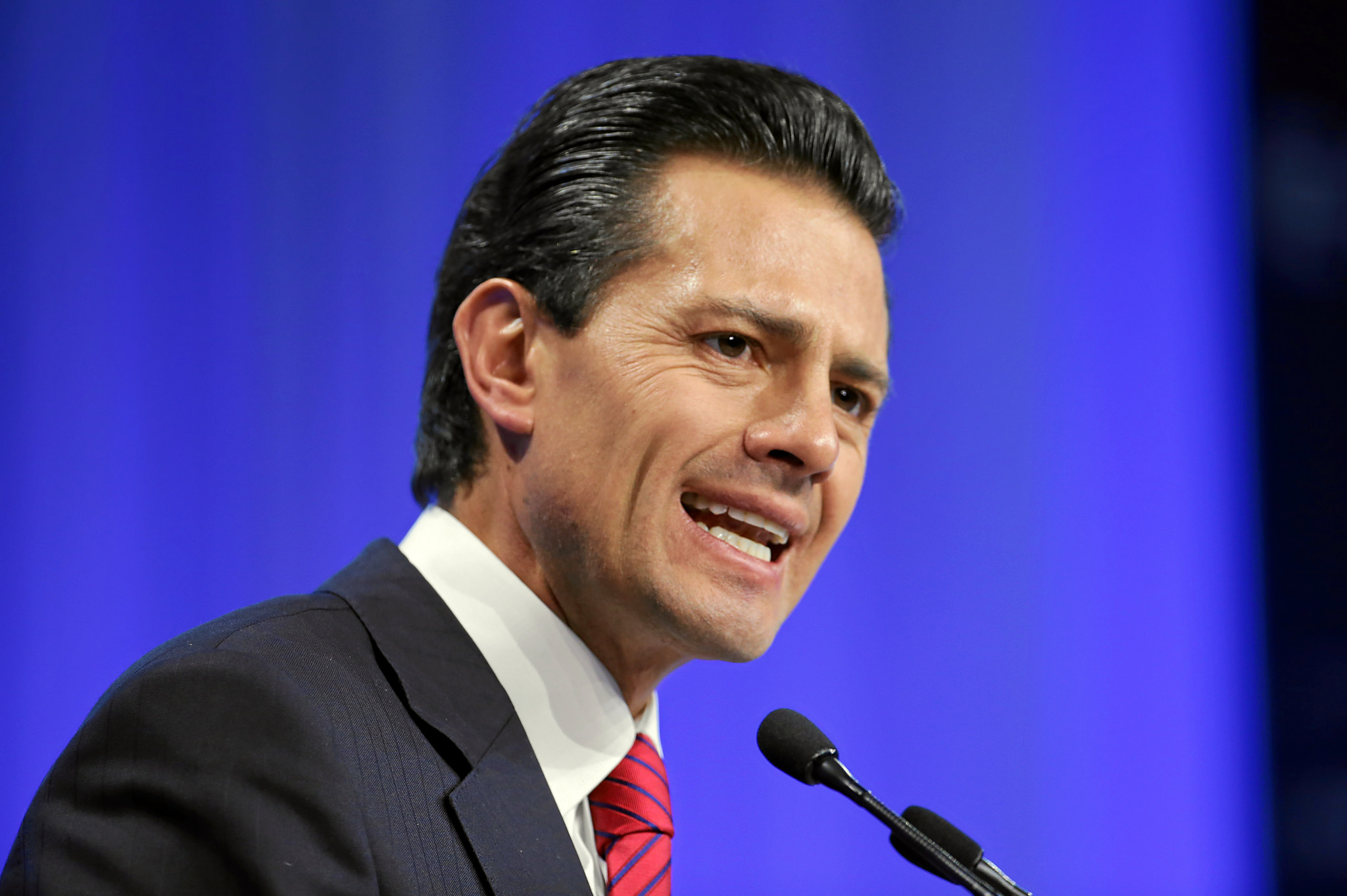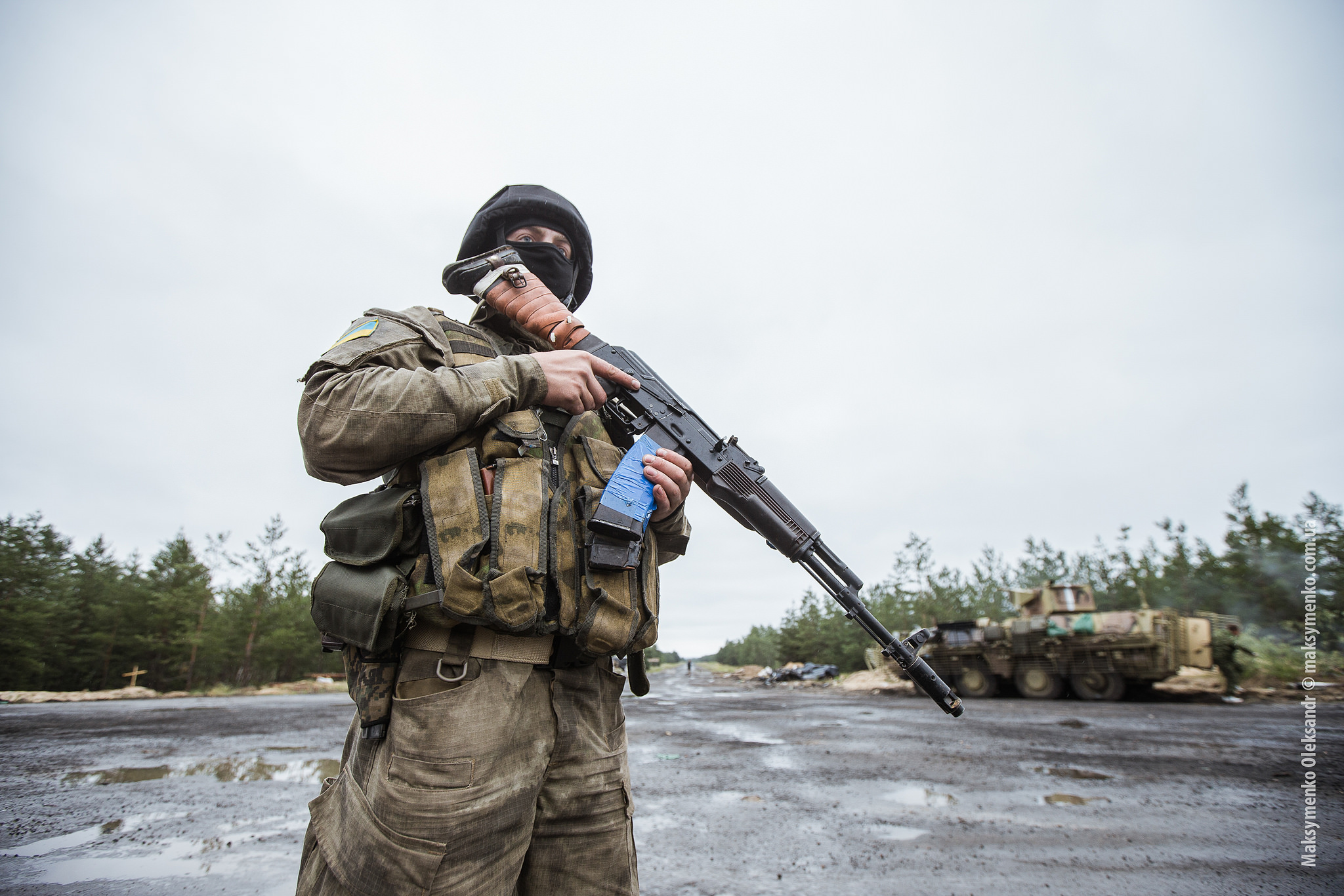by Joel Day
The recent murder of a Jewish settler in the West Bank has changed the settlement debate in Israel. In the wake of an assassination of a 35- year old father and rabbi, government ministers have made a major shift in policy, allowing the victim’s settlement to be recognized as an “official” settlement. This legislation gives the Havat Gilad settlement, and up to 70 others, enhanced legal and military protection, resources, and legitimacy in the eyes of the state. Unlike established, populated settlements like Ariel, Havat Gilad is a ramshackle assortment of a few families-an outpost- near the Palestinian city of Nablus. Recognition of this band would make permanent the very outpost settlement that the terrorists were targeting. The idea seems to construct a deterrent for would-be terrorists, where if terrorists target settlers, those settlements would in turn gain legitimacy and expand.
But the terrorist shooting did not occur in a vacuum and is intimately tied to the volatile history of the particular illegal outpost of Havat Gilad. Since establishment in the West Bank in the early 2000s, the small enclave has repeatedly been the focal point of violence. This violence has been overwhelmingly perpetrated by outpost settler gangs, often called Hilltop Youth, targeting their Palestinian neighbors and the Israeli Defense Forces alike. Outpost settlements like Havat Gilad exist for one express purpose: to dispossess Palestinians of biblical “Judea and Samaria” and to restore the land to Jewish control. Havat Gilad has a particular history of instigating violence – in response to IDF dismantling an outpost, settlers would attack barracks, mosques, or nearby fields. Settlers in Havat Gilad have repeatedly firebombed nearby Palestinian Villages and clashed with IDF. Similar outposts have engaged in violence that killed an 18-month old child. The terror attack is now being used by extremist elements in the settlement movement, namely Rabi Yizchak Ginsburg (a leading religious voice in the outpost movement), to call for the complete dismantling of the Palestinian Authority. This, in combination with legally recognizing extremist outpost settlements amounts to a concerted, organized campaign by hardliners to use a tragedy as a pretext for permanently walking away from peace talks. Indeed, several outpost settlers indicated to me directly in interviews in 2014 that their goal is to be slowly recognized by the state, with the aim of pushing the Palestinians across the river, into Jordan. This movement, in short, advocates a new and radical form of violence, which aims to destroy the peace processes once and for all and undermine any Israeli government that engages in peace with Palestine. As Ehud Eiran and Peter Krause have found in extensive data on the outpost attacks-they use violence to “deter settlement withdrawals and chain-gang the state into a conflict with the Palestinians.” By recognizing the legal status of an outpost like Havat Gilad when it is attacked, the Israeli government rewards settler provocation and, in turn, deepens the cycle of violence in the West Bank. Already, just a day after the government recognized the outpost settlement, another settler was stabbed to death in Har Bracha, an illegal outpost like Havat Gilad.
It is crucial to understand that this settlement in question is outside of the larger, mainstream settlement group in full developments like Ariel and East Jerusalem, which host Orthodox, Zionist, and secular Jews in search of cheaper, subsidized rents. This demarcation is important-the argument is not that settlements are all violent, but that recognizing the most violent groups succumbs to their principle strategy. The ultimate recognition of outpost settlements has been the goal of the settler fringe, and they have repeatedly used violence – arson, riots, and murder, to provoke Palestinian reaction like the recent terrorist attack. There are dozens of other outposts like Havat Gilad, who are eager for recognition. By Israel recognizing illegal settlements when attacked, it increases the incentive for outpost groups to commit violence with the aim of inciting counter-attacks.
The American administration should demand a pause in this cycle of violence and use its capital with the Netanyahu government to not recognize groups that would sabotage peace in such a cynical fashion. Failing to denounce outpost settlement recognition would effectively jeopardize America’s voice in any future peace process. In the same breath, America can denounce acts of Palestinian terrorism and Israeli capitulation to extremists.
Joel Day, Ph.D. – Visiting Research Scholar, University of San Diego Kroc Institute of Peace Studies & Truman National Security Project Security Fellow







